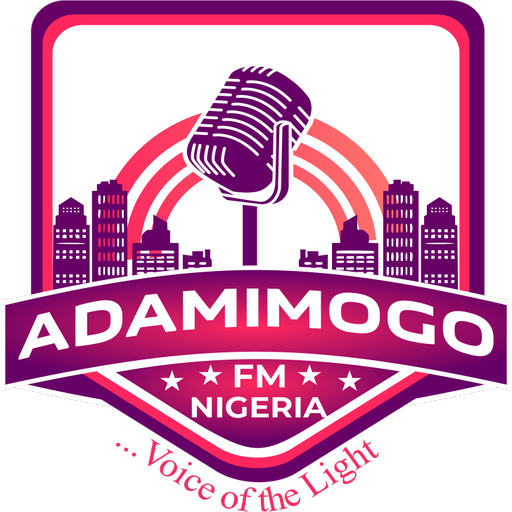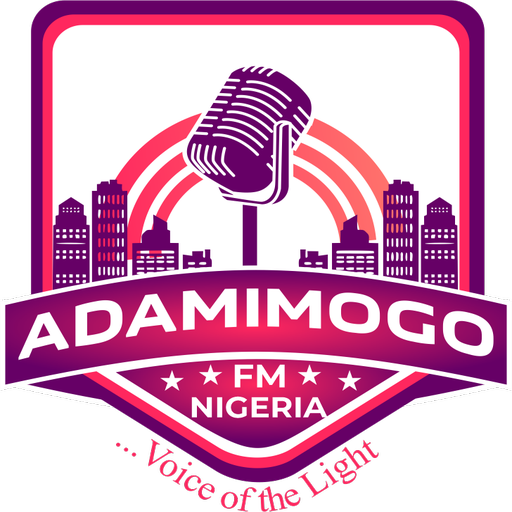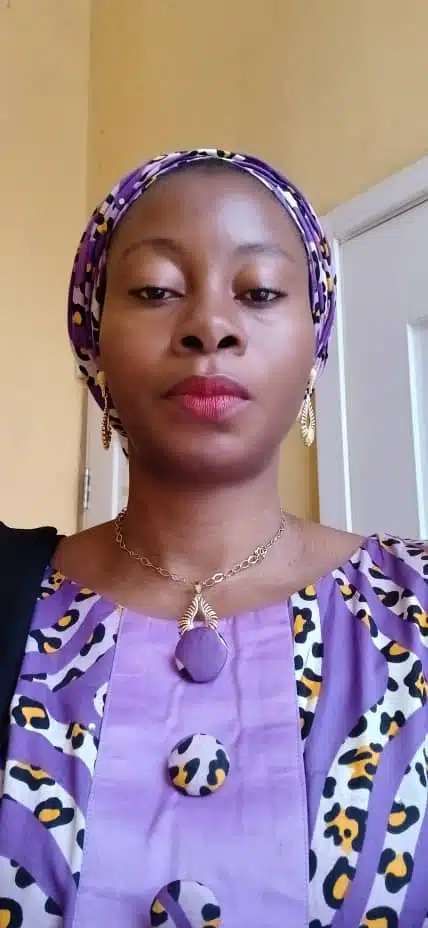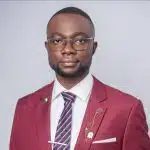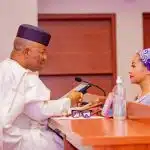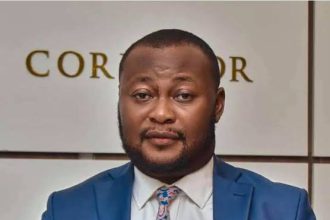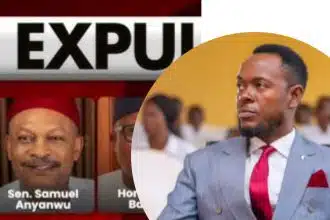In a democracy, where does the right to free speech end and the responsibility to uphold morality begin? That was the central theme when Dr. Mariam Olugbodi, a phonologist and sociolinguistic scholar at Kwara State University, appeared on Adamimogo 105.1 FM Ibadan’s Inside Scoop on Monday, September 22.
Her reflections came amid heated debate over activist Omoyele Sowore’s description of President Bola Tinubu as a “criminal”, a remark that has stirred outrage, defense, and questions about the boundaries of expression in Nigeria.
Dr. Olugbodi began by grounding the conversation in the Constitution. Section 39 of the 1999 Nigerian Constitution guarantees citizens the right to free speech, she explained, but Section 45 introduces important restrictions, particularly when public safety or morality is at stake. “Free speech is a fundamental right,” she said. “But the Constitution itself recognizes that no freedom is limitless. Words that endanger lives, property, or the moral fabric of society cannot be left unchecked.”
On the matter of public safety, she argued that Sowore’s comment did not rise to the level of a crime. “Calling the president a criminal does not, in itself, threaten lives or property,” she noted. “From the perspective of safety, Sowore has not violated the Constitution.”
But morality, she explained, was another matter. Drawing from sociopolitical philosophy, she explained that morality, ethics, and politics are the threads that bind a society together. For her, Sowore failed this test. “The term ‘criminal’ is a very heavy word,” she cautioned. “Without evidence, such a label against the head of state is not morally justifiable. It breaks the social code of responsibility in language use.”
As a linguist, Dr. Olugbodi took the discussion further, focusing on the power of words. Language, she argued, is never neutral; it carries social and political consequences. She pointed to “hedging”, a linguistic strategy where speakers use cautious or ambiguous expressions to soften their claims. “Naming someone directly can be face-threatening,” she said. “Sowore could have used hedging to make his point without targeting the president explicitly. For instance, he could have raised concerns about leadership without attaching such a definitive label.”
The conversation also touched on Minister Nyesom Wike’s statement that Sowore was “lucky” to have a tolerant president. Dr. Olugbodi dismissed the notion of luck, insisting that tolerance is a duty, not a privilege. “A leader in a democracy must be tolerant,” she said firmly. “The president is not only a ruler but also a subject of the people. Criticism comes with leadership, and it should be absorbed, not silenced.”
When asked whether Sowore’s prominence influenced the weight of his words, Dr. Olugbodi admitted that status matters. “If an ordinary Nigerian made the same comment, it might not have attracted such national attention,” she said. “Sowore’s role as a public figure amplifies his words, which is why they carry greater consequences.”
She therefore urged Nigerian politicians to rethink how they respond to social media commentary. Online spaces, she noted, are chaotic arenas where both citizens and leaders face harsh words daily. “Politicians must lead by example,” she advised. “They should be mindful of their own language and resist the urge to retaliate. As leaders, they set the tone for civil discourse.”
